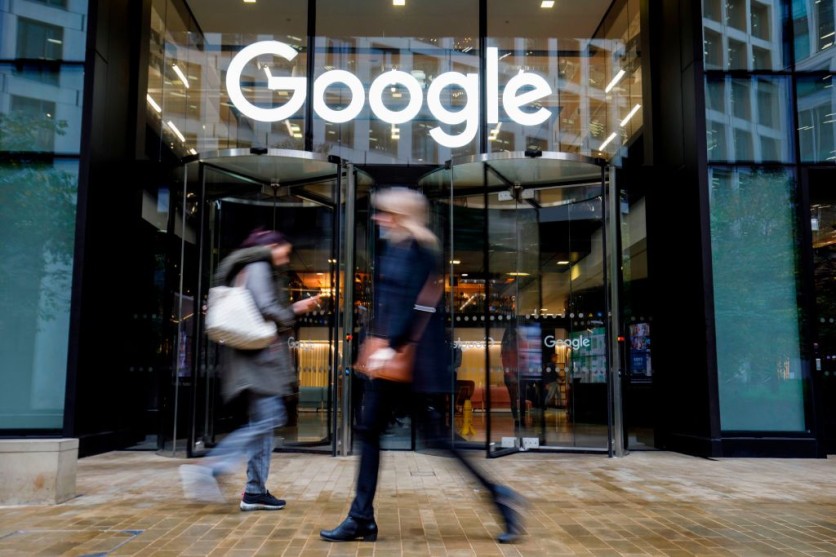A federal judge has ruled that the antitrust case against Google filed by the Department of Justice and a coalition of states for allegedly suppressing internet search competition can proceed to trial but with some claims dismissed.
Narrowing the scope could have profound consequences for the trial, shaping the focus of the allegations to be examined in the legal proceedings.

Google Wins by Ruling
In the decision unsealed Friday, Judge Amit Mehta from the US District Court for the District of Columbia handed Google a win by ruling as four claims in the lawsuit were dismissed and only granted government lawyers the green light to proceed with three others.
One of the claims the state attorneys general put in the complaint was Google's alleged exclusivity deals for web browsers and pre-loading its services on Android devices violating antitrust laws, potentially contributing to the company's monopolistic practices.
However, the judge pointed out that the government failed to provide convincing evidence, such as preferential treatment of Google's products in search results over those of specialized sites like Amazon and Yelp.
Engadget reported that this ruling had set the stage for a landmark tech monopoly trial, the first since the legal action against Microsoft in the 1990s. It comes amidst a growing public concern and regulatory scrutiny over the overwhelming power of tech giants.
According to Mehta, the DOJ retains the opportunity to present its remaining arguments. Another particular concern was the claim that Google is misusing its influence by imposing agreements on Android manufacturers to pre-load Google apps and set Google as the default search engine in their mobile browsers.
The DOJ and states are worried that this practice hinders competitors like Bing and DuckDuckGo from gaining substantial user adoption. Unlike previous attempts, this trial represents a direct and bold confrontation with Google's operations.
Expected to last approximately 10 weeks, The New York Times reported that the trial will thoroughly scrutinize how Google conducts its business and its behind-the-scenes interactions with other major players like Apple and Samsung.
Also Read: Google Targeted in New Ad Lawsuit With Potential Damages in the Billions
Google's Response
Following the judge's decision to dismiss the search-related issues in the antitrust case, Google's President of Global Affairs, Kent Walker, expressed the company's appreciation for the thorough review by the court.
Walker emphasized that people opt for Google because of its helpfulness and denies any anticompetitive behavior. He asserted that Google will demonstrate during the trial that its other practices are both competitive and fully compliant with the law.
However, despite narrowing the trial's scope, the ruling will still allow the case over Google's dominance in the search market to proceed and other significant claims, including allegations about "exclusive" contracts and the company's ad buying tool. The trial is set to begin on September 12.
Filing Lawsuits Against Tech Giants
In recent years, American regulators have actively filed lawsuits and sought to block acquisitions involving companies like Google, Amazon, Apple, Microsoft, and Meta, previously known as Facebook, as they continued to expand their dominance and influence in the tech industry.
Regulatory attempts to challenge the dominance of tech giants have faced setbacks. On two occasions this year, federal judges rejected the Federal Trade Commission's requests to halt tech deals, permitting Meta to finalize the acquisition of a virtual reality start-up and paving the way for Microsoft's significant acquisition of the video game publisher Activision Blizzard.
Related Article : Microsoft Activision-Blizzard Deal FTC Fiasco: Not Anti-Competition, Offered Sony 10-Year Contract for 'Call of Duty'

ⓒ 2025 TECHTIMES.com All rights reserved. Do not reproduce without permission.




